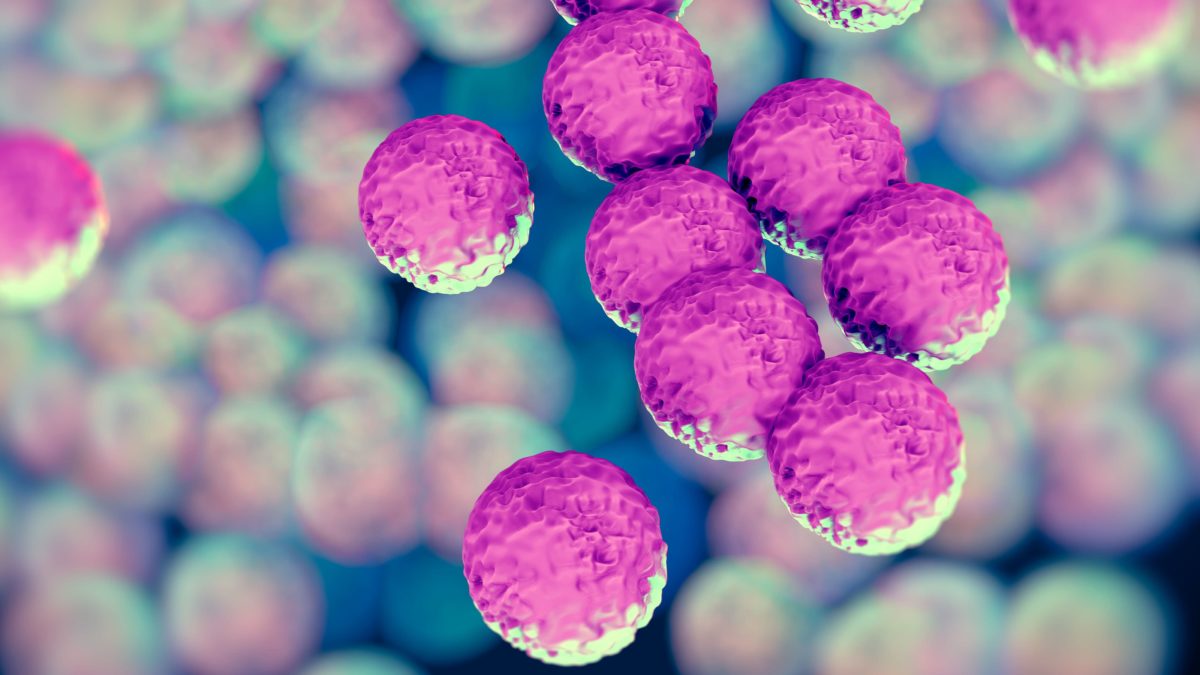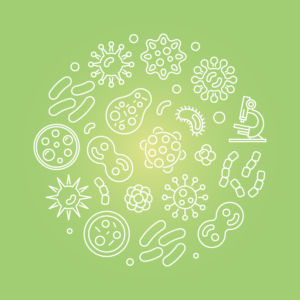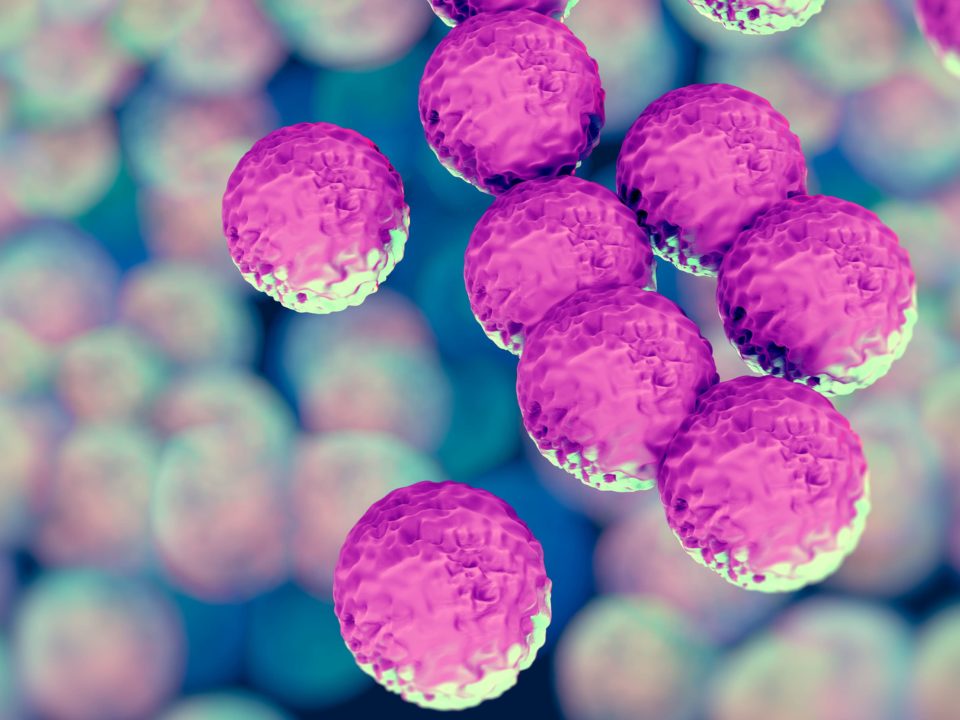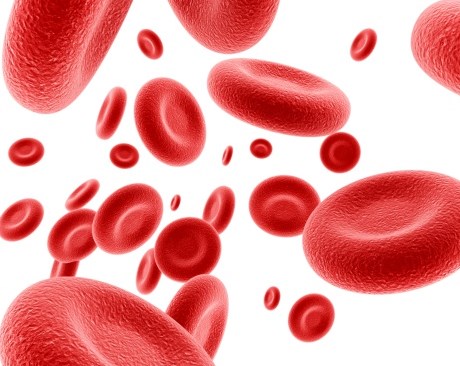MRSA Precautions: 7 Ways To Prevent Infection

Medicine disregarded it. Antibiotics can’t control it. MRSA, drug-resistant staph, may be the most frightening epidemic since AIDS.” Maryn McKenna, Author of SUPERBUG
Staphylococcus aureus, more commonly known as Staph, is a surprisingly widespread type of bacteria; approximately 30% of all healthy humans carry Staph in some way. It is generally found living inside of our nostrils, and on the skin’s surface. This bacteria typically exists without issue on the individual.
That being said, in certain instances Staph can cause serious infections through minor cuts, scrapes, or issues within the respiratory system. When this happens, the main concern that ensues is that an increasing number of Staph bacteria strains, such as MRSA, are resistant to antibiotics. What would normally be just a minor infection can quickly become a potentially fatal emergency. Since treating this is such a difficult task, often times the best method of treatment is following proven MRSA precautions.
What Is MRSA?
MRSA stands for Methicillin-resistant Staphylococcus aureus. This type of bacteria has mutated to be able to withstand popular antibiotics relied on to fight bacterial diseases. The 3 main types of MRSA are as follows:
- Healthcare-acquired MRSA (HA-MRSA) – Even though penicillin-resistant bacteria were known prior, this specific type was first recognized in the 1960’s. It is known as healthcare acquired due to it’s prevalence in hospitals. Generally, surgical patients are at higher risk of infection.
- Community-acquired (CA-MRSA) – This type was differentiated from healthcare-acquired in the 90’s, once the bacteria was really beginning to be found outside of hospitals. It specifically refers to the bacteria being found anywhere outside of a medical facility.
- Livestock-acquired (LA-MRSA) – Livestock-acquired is often found in nasal swabs of humans working in livestock handling facilities and kennels.
Even though there are certain treatments available, it is common that the bacteria can not respond at all to said treatments. This is why it is so important to take particular precautions to prevent infection in the first place.
MRSA Precautions
 1. Wash Hands
1. Wash Hands
Wash hands with soap and water for at least 15 seconds, and then dry with a disposable towel. Carry hand sanitizers based in alcohol for when you cannot wash your hands.
2. Restrict Antibiotic Use
The use of several different types of antibiotics are linked with an increased risk of the bacteria becoming more resistant, aiding in colonization.
3. Screening
Screening for those with MRSA is a proven way to minimize the spread of infections, specifically in hospitals. This can be done by swabbing the nostrils and isolating the bacteria.
4. Isolation
If an individual cannot practice good hygiene, or avoid skin-to-skin contact, they must be isolated as a precaution to prevent further infections. Isolating laundry and everyday appliances is also recommended.
5. Cover Wounds
Keeping wounds clean and covered is highly recommended as both a precaution to becoming infected, as well as spreading it to others if you are already infected.
6. Shower After Sweating
Immediately showering after sweating is vital as MRSA thrives in moist areas. Sharing towels with others is highly discouraged.
7. Do Not Inject Illicit Drugs
Dangerous infections are much more prominent among those who use intravenous drugs, including MRSA, Hepatitis C, and HIV.
Where Do You Get MRSA
Even though MRSA prefers moist and warm environments, it can also survive for long periods of time on hard surfaces. Areas where many hands come in to contact with shared surfaces are at risk. This is included, but not limited to:
- Shopping carts
- Gym equipment
- Keyboards
- Doorknobs
- Handles
- Sink Faucets
- Flush Levers
- Elevator Buttons
MRSA Decontamination
National Crime Scene Cleanup is fully equipped to conduct top-down decontamination services for hospitals, prisons, and surgical facilities, among many other places when MRSA precautions were not enough. We use CDC-recommended professional cleaning products to ensure that the area is safe, clean, and free of toxic cleaning residue. Contact us 24/7 for our discreet, OSHA compliant cleaning services if you believe you are in need of assistance in fighting a MRSA outbreak today.


 1. Wash Hands
1. Wash Hands
